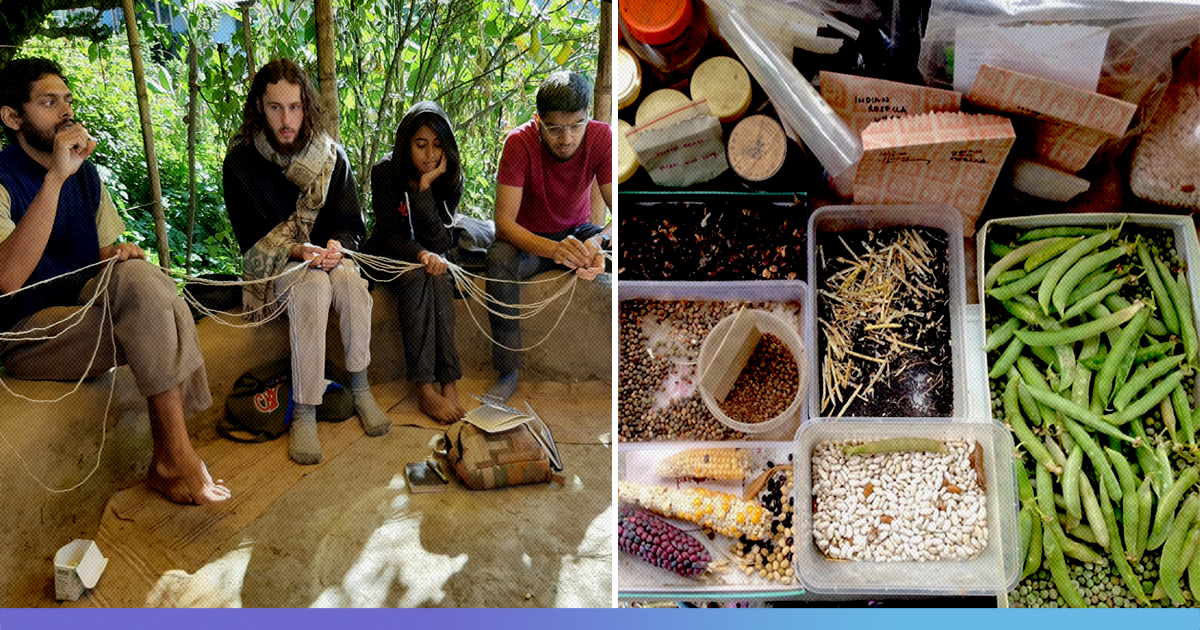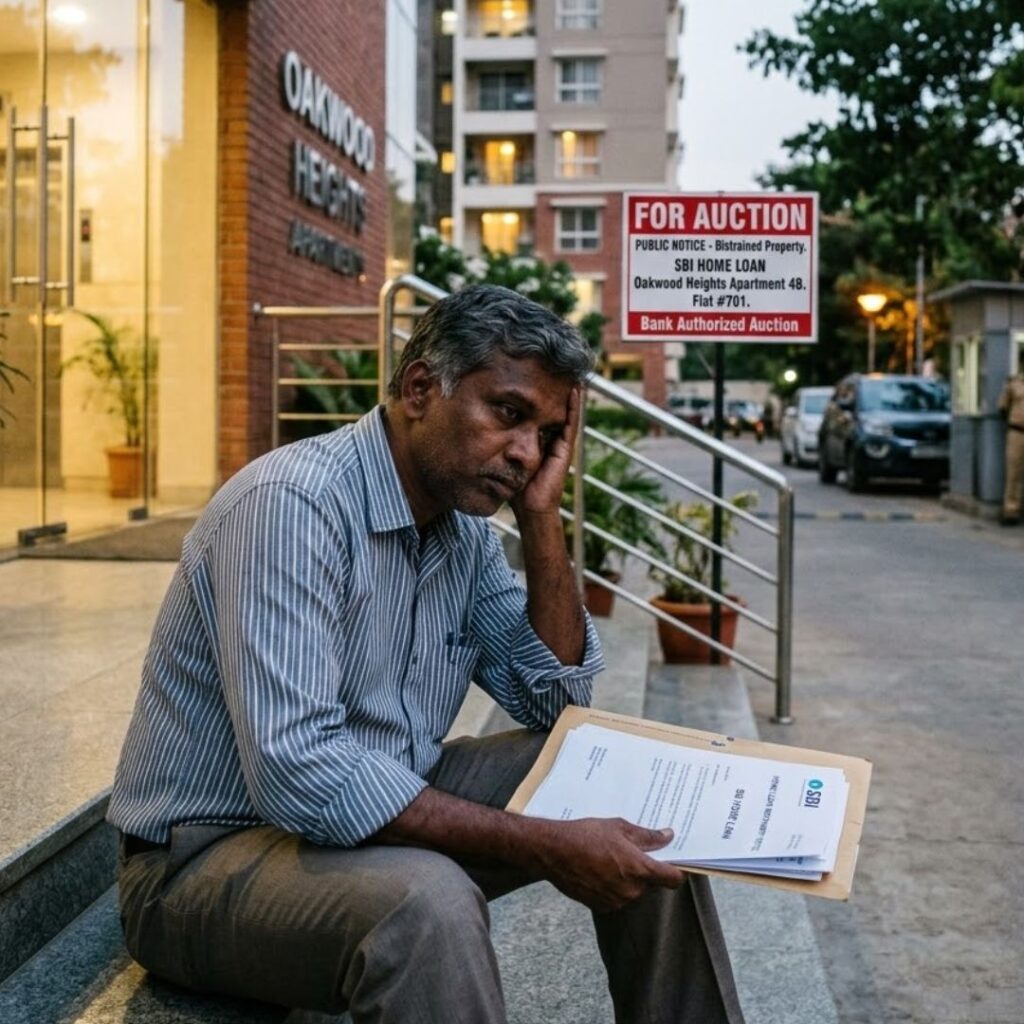A little more than 10,000 years ago, there was a revolution that has led to what we see today as civilizations, inhabitations and settlements of humans in geographical locations all across the globe. This revolution was the agricultural revolution.
The act of growing food is considered sacred by many tribes. Farmers are considered as lifelines of community settlements. Yet, with the information age, while mankind has grown in technology, communications, digitization etc., we are gradually not only moving away from the basics of basics – growing our own food but the way we are growing our food is also changing radically. Food is now seen as a commodity that can be bought and not a shared community resource. Besides, our connection with food is no more than our connection with an electronic gadget we buy in a showroom. This disconnection to our basic needs, that not only nourishes us physically but also our souls has led to disease and deterioration of our environment and our bodies.
To counter this trend, Spero and Robin, a couple from America started a farm in Upper Bir, Himachal Pradesh with the help of a young and talented local man – Matasharan to promote the practice of growing your own food, to preserve the heritage, wisdom, knowledge, practices and skills related to agriculture and farming. In 2016, they passed their legacy to Anshul and Angelica who, then took care of the farm until 2019 along with Matasharan who now handles the farm by himself with the help of some volunteers who want to learn about soil and food while working on the farm.

In the last six years, the farm has slowly evolved into a market farm, a demonstration of sustainable agricultural practices for small farms, a seed bank, a nursery and space for people to experience the abundance of nature and learn to grow their own food through volunteering and multiple courses.
Anshul graduated as an engineer and then moved to education to building/construction to farming for the purpose of exploring tools for a sustainable world. He also has experience as a facilitator with different organisations in Design Thinking. Angelica hails from Colombia, is an architect by profession and has spent time in Kodaikanal, Tamil Nadu and Auroville while working with soil as a medium for food and soil as earth for building.
Their experiment with the farm was to develop different ways of farming in this area, develop crops and seeds, create a market for the farm and see how a community farm can survive in the evolving context of Bir.
The farm is supported by individuals from Bir who take the seasonal produce from the farm every week. The farm also sells to a few organic restaurants and a local natural building institute. Besides food, the farm also provides seeds and saplings every season.
By re-visiting traditional wisdom and utilizing appropriate technology, the farm is growing into one of the alternatives for a better future.

Anshul and Angelica spent the last two years learning about soil, food and the various relationships that nourish a farm and a person alike. They say they have learnt more about themselves than farming itself.
Rudolf Steiner, founder of the Anthroposophical Society, and one of the profound thinkers of the 20th century explains how food is the basis of the new consciousness required to deal with the crises humanity finds itself in. Healthy food will transform our ecological, social and spiritual relationships by transforming our consciousness.
To raise the quotient of our ‘humanness’ and grow as a society, we need to reconnect with our food and look at it as not just a source of physical energy but also a source for bringing a transformation in our psyches.
Their own lack of knowledge and understanding about food propelled their journey to discover how humanity lost this connection with food in the first place and how one can grow food that is pure and wholesome in today’s context.

‘’In 2016, we travelled in North Colombia visiting some indigenous tribes and observed first hand how our development models destroy self-sustenance and create a culture of scarcity and disease. We documented the stories from this time here at our website,” says Anshul
“This experience reinforced our belief in the power of food and the need to find sustainable agriculture solutions for creating resilient communities and our will to work on the land and with the soil only grew stronger’’ he adds.

Shunya farm has been a work of learning and self-discovery as Anshul and Angelica put it. The work has meaning in doing their bit in reversing the ongoing destruction of communities, natural resources and putting in place the culture of farming for creating a better way to live, eat and grow food.
‘’The problem that we are dealing with individually and collectively is not just of food and farming, it is also the corruption of our souls which has resulted in unhealthy social communities and this has had a huge impact on our natural systems as well.”
“We are responding to the needs of our lives and working on skills that we feel are required today and in the future’’ remarks Anshul.
The most tangible impact has been the evolution of the farm itself. The farm today has a diversity of plants, some edible and some useful in different ways in the farm ecosystem. The creation of a seed bank is another important aspect.
‘’Through the courses, the impact is subtle but far reaching. Not everybody who comes to the farm and is interested in learning about farming, will not become a farmer. But we meet a lot of people who are seeking possibilities for the future, finding their role in it, with a need to develop a deeper connection with life itself.” says Anshul.
When asked about the experiences of the participants and its impact on their lives, Anshul responded that “This learning can manifest at different times and in different ways in people, depending on where they are in their journeys.”

On a community level, the farm offers seeds and saplings to the farmers for free to encourage them to grow the diversity on their lands with a vision, to begin with, the most subtle intervention. They also interact, talk and share their knowledge about farming and design learning, farm’s techniques and philosophy, with the people crossing the farm and getting interested.
Since farming lands are rapidly being replaced by huge buildings in today’s world, Shunya Farm welcomes children from the village to walk, observe and learn with a hope that they will grow up to see a farm as a possibility for abundance and diversity and not a sad landscape that doesn’t hold any future for them.
While the journey of Shunya Farm has produced an exquisite repository of experiences, an aesthetic space and healthy food, it hasn’t been without treading on a circuitous route. As all farmers, the team faces ongoing challenges, most of which are difficult to prepare for.
‘’The lack of a community effort is the biggest challenge everybody involved in doing something alternative will face and we have experienced this in different places and contexts. One person can start weaving the fabric for change but it takes a community to hold on to the different ends of the threads’’, is what Anshul opines.
“Our battles are with our own egos and insecurities and till the time people forming a community are not ready to work on this and trust each other, it is difficult for individuals to sustain any meaningful change,” he purposefully adds.
Appeal to the readers:
The interaction between humans and the environment has evolved along with humanity. We are not doing charity, but it is of utmost importance to our existence to take care of our environment. Mother nature doesn’t need us as much as we need her.
It can be done in simple acts like planting trees, composting kitchen waste at home, avoiding plastic bottles, glass, spoons and plates. We can also grow a lot of variety of greens at our homes in cities to have food which is fresh and good for our health.
“At Shunya Farm, we aim to create insightful experiences for those who are coming to volunteer their time and effort. Our intent is to provide an ecosystem where people can engage in the space of Shunya Farm, learn the basics of farming practices and based on their experience at the farm, actively spread the awareness about the need to grow our own food”; says Jeewika, an active natural farming practitioner at Shunya Farm.

“Please note that the volunteers will be required to go through a stringent selection process and only those who are fully committed to learn may apply. If you are looking for a place to only chill, relax and unwind (which are fully legitimate needs), then with due respect, please look for other suitable avenues”; says Aditya who manages the volunteer engagement at Shunya Farm. He further adds that; “The practice of farming and agriculture requires significant physical exertion and hard work which one might not be used to and therefore, without the requisite commitment, the volunteers won’t be able to gain benefit of the experience at Shunya Farm.”
If you are willing to engage in the experiences of natural farming and consequently spreading the awareness about it, please send an email at [email protected]
Connect with them on Facebook.
Also Read: The Delhi Woman Creating Ripples Of Transformation In Kalahandi, Odisha











